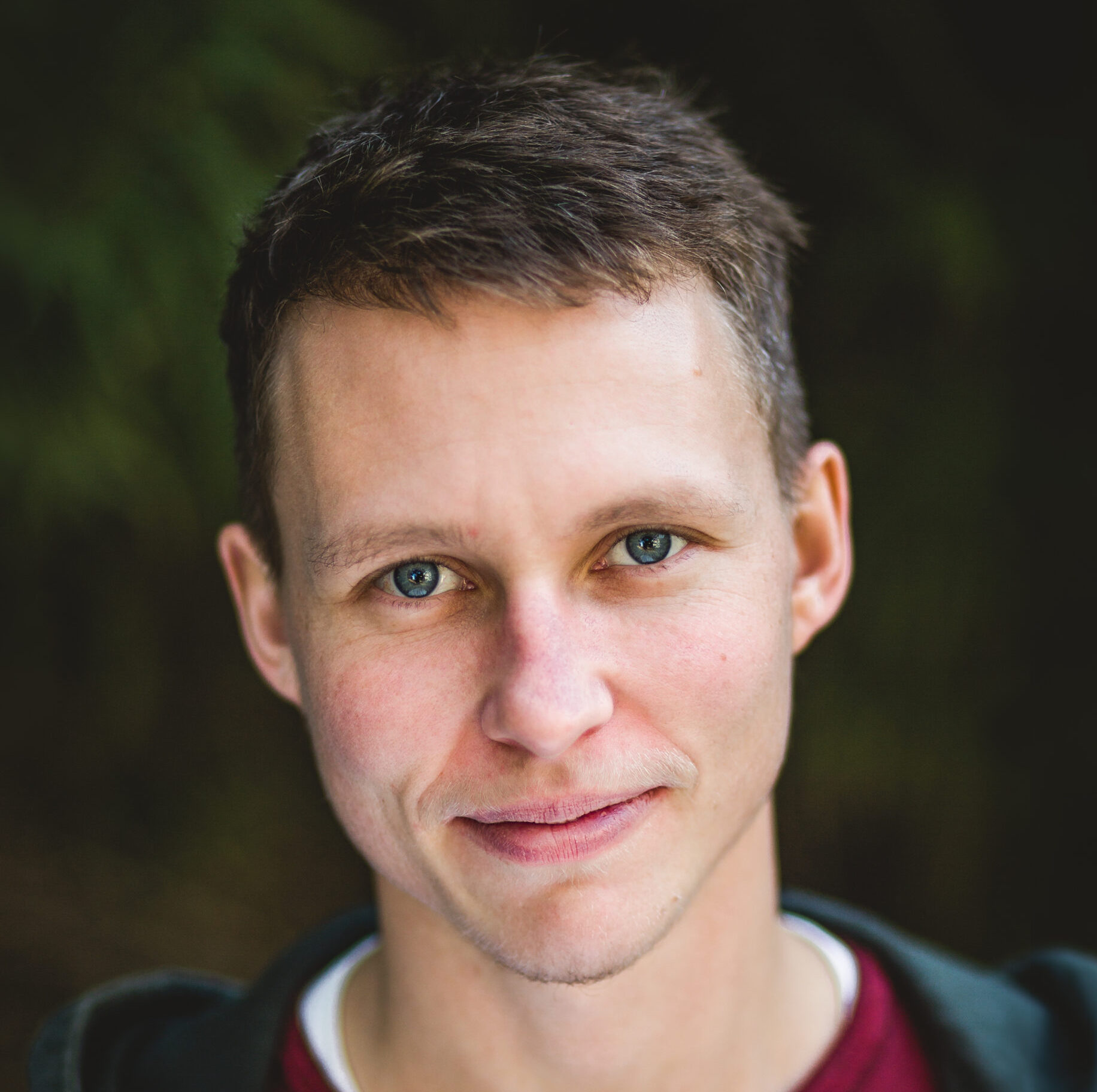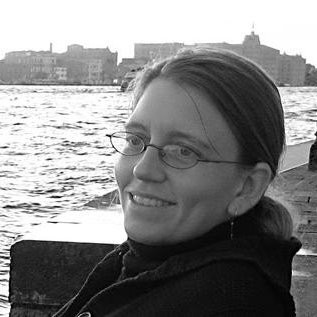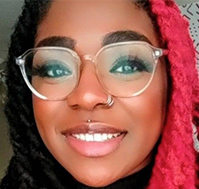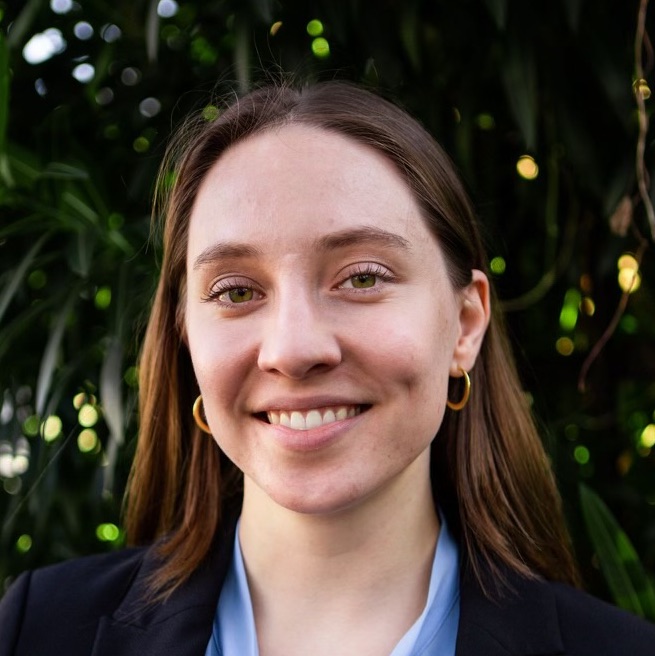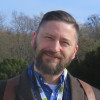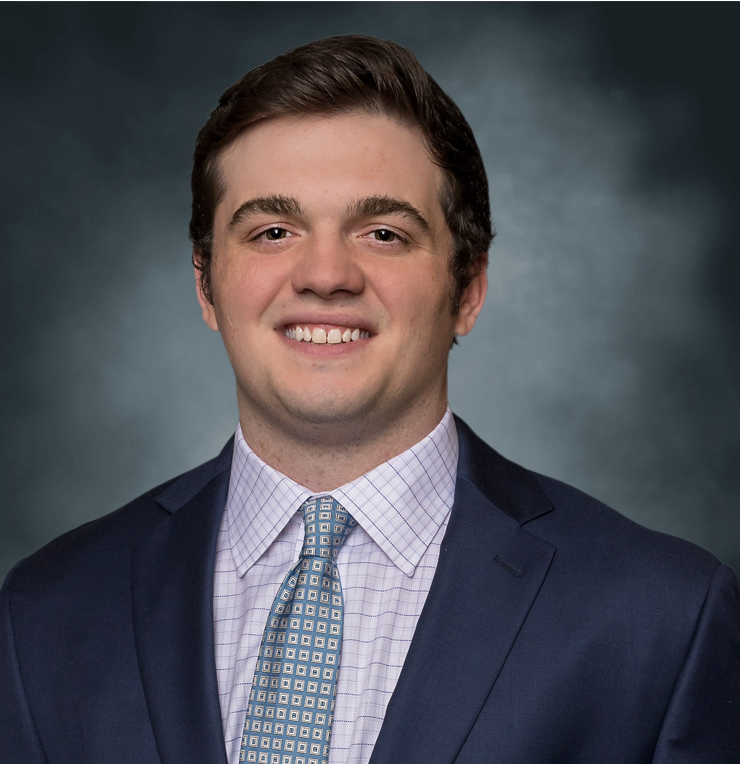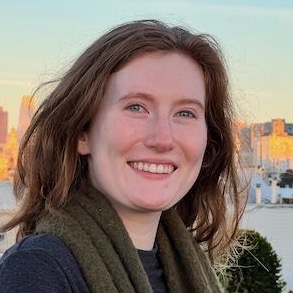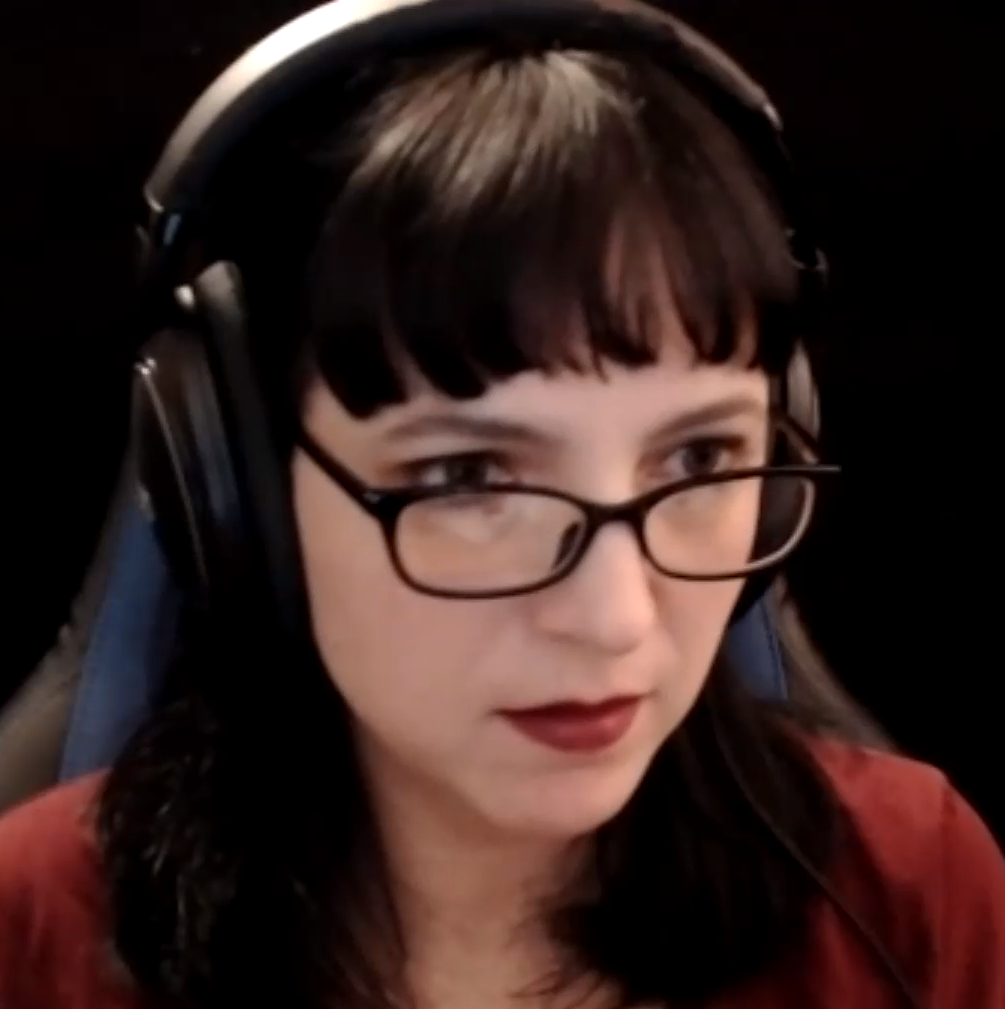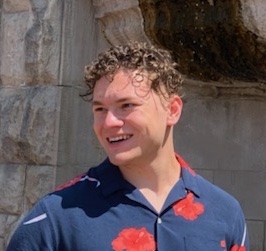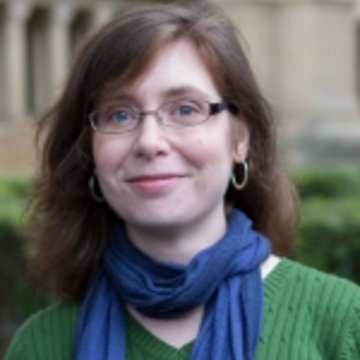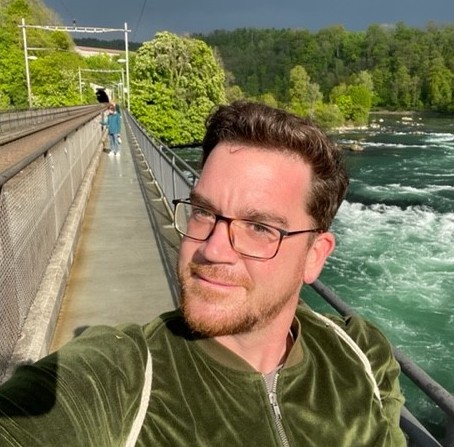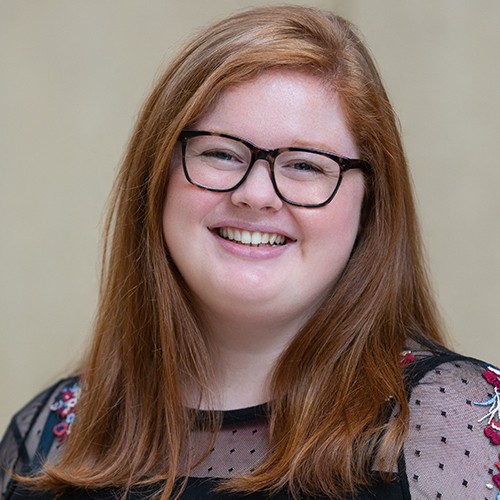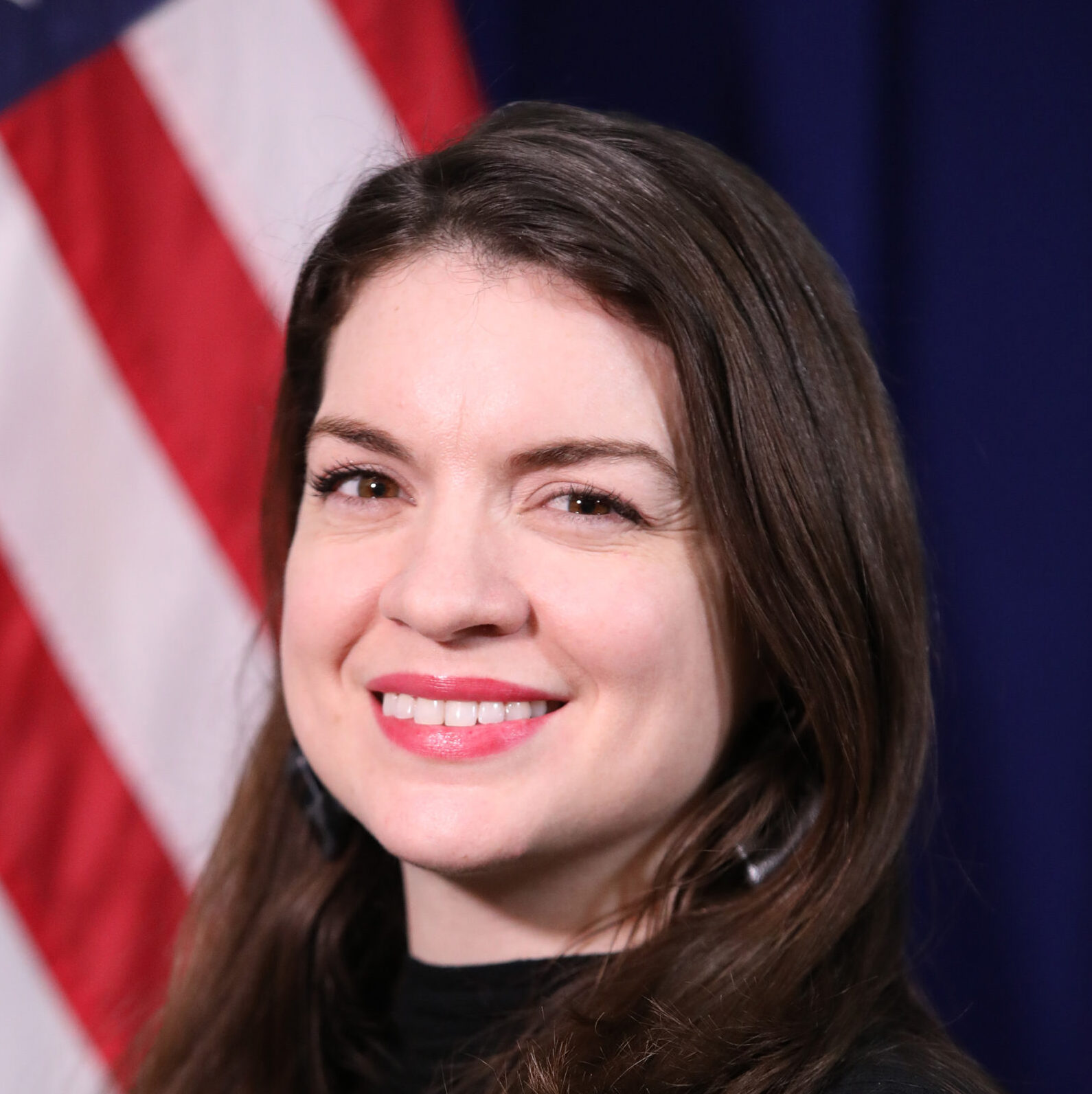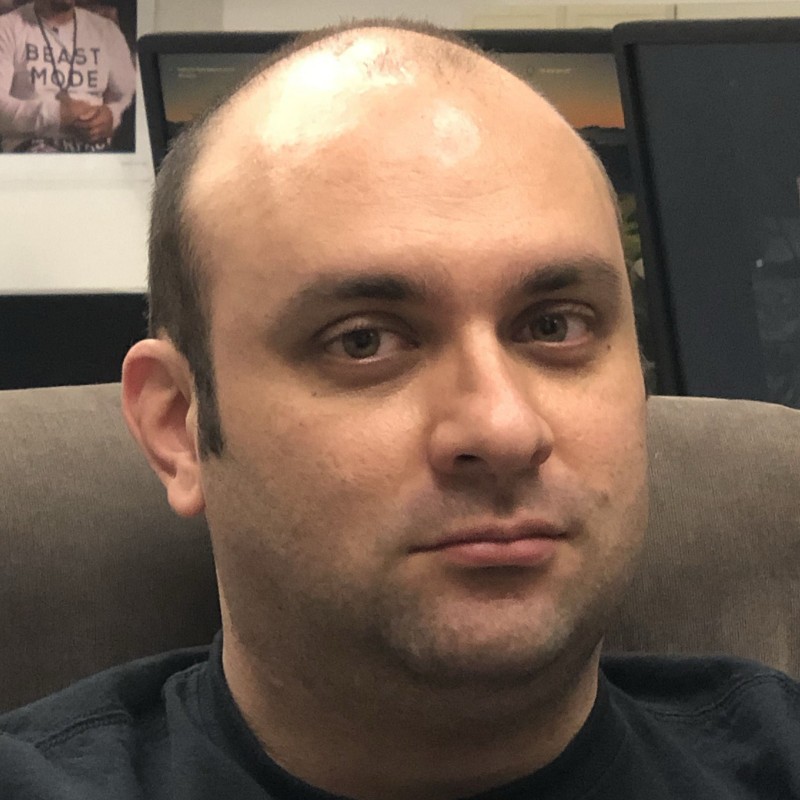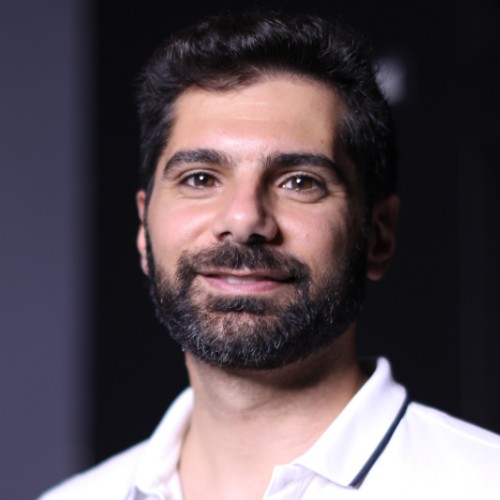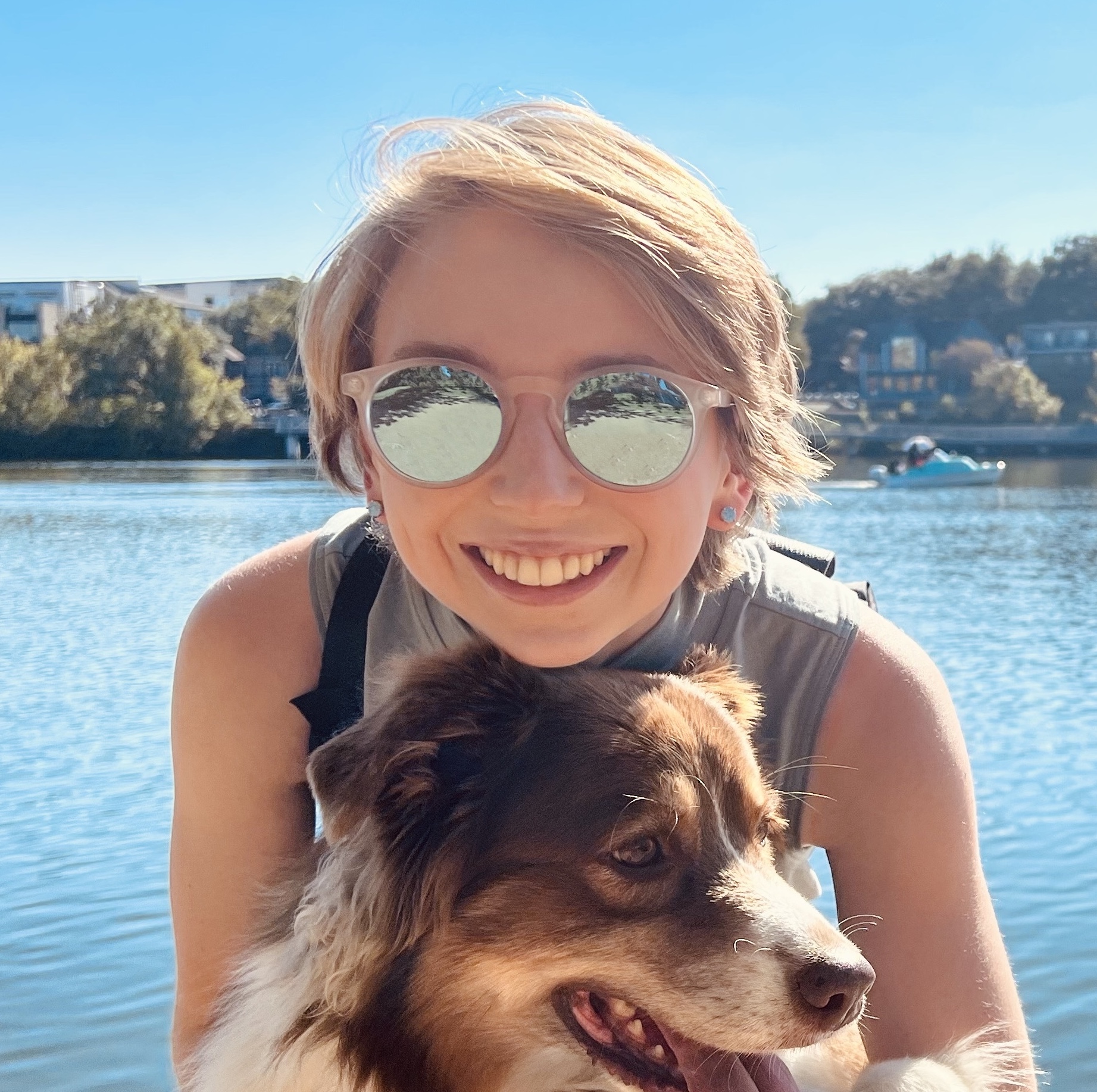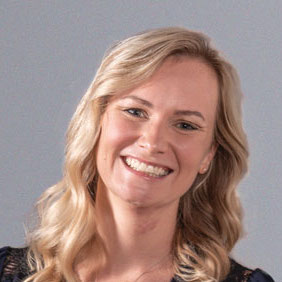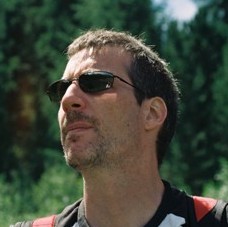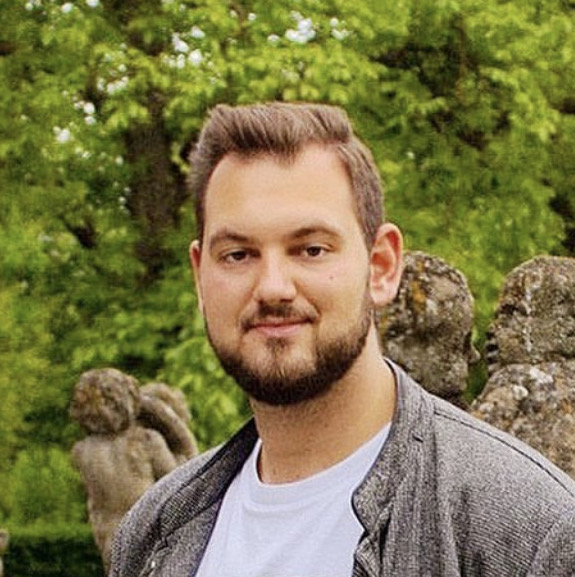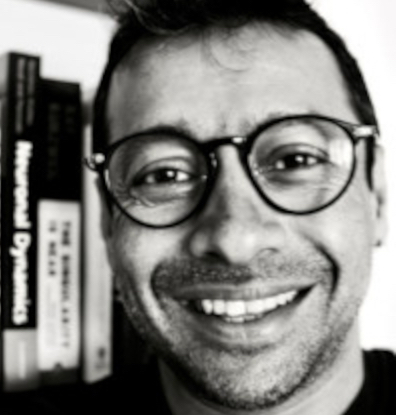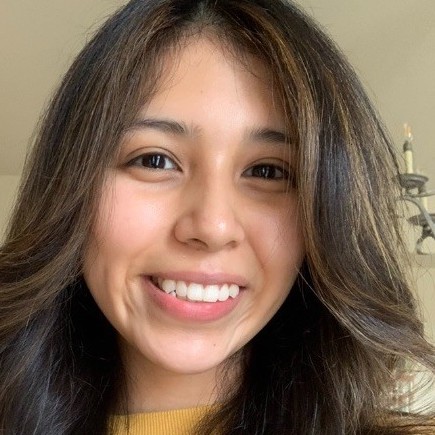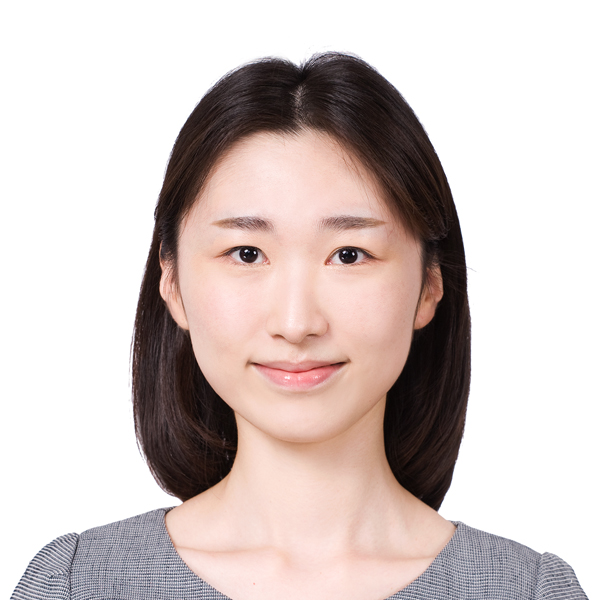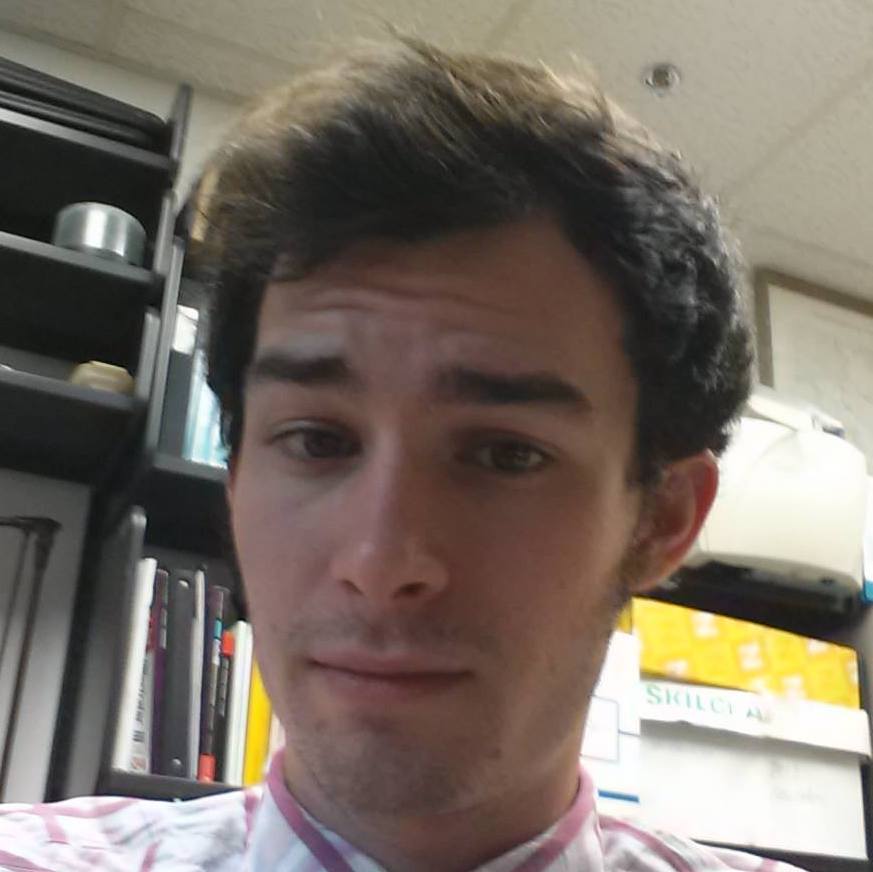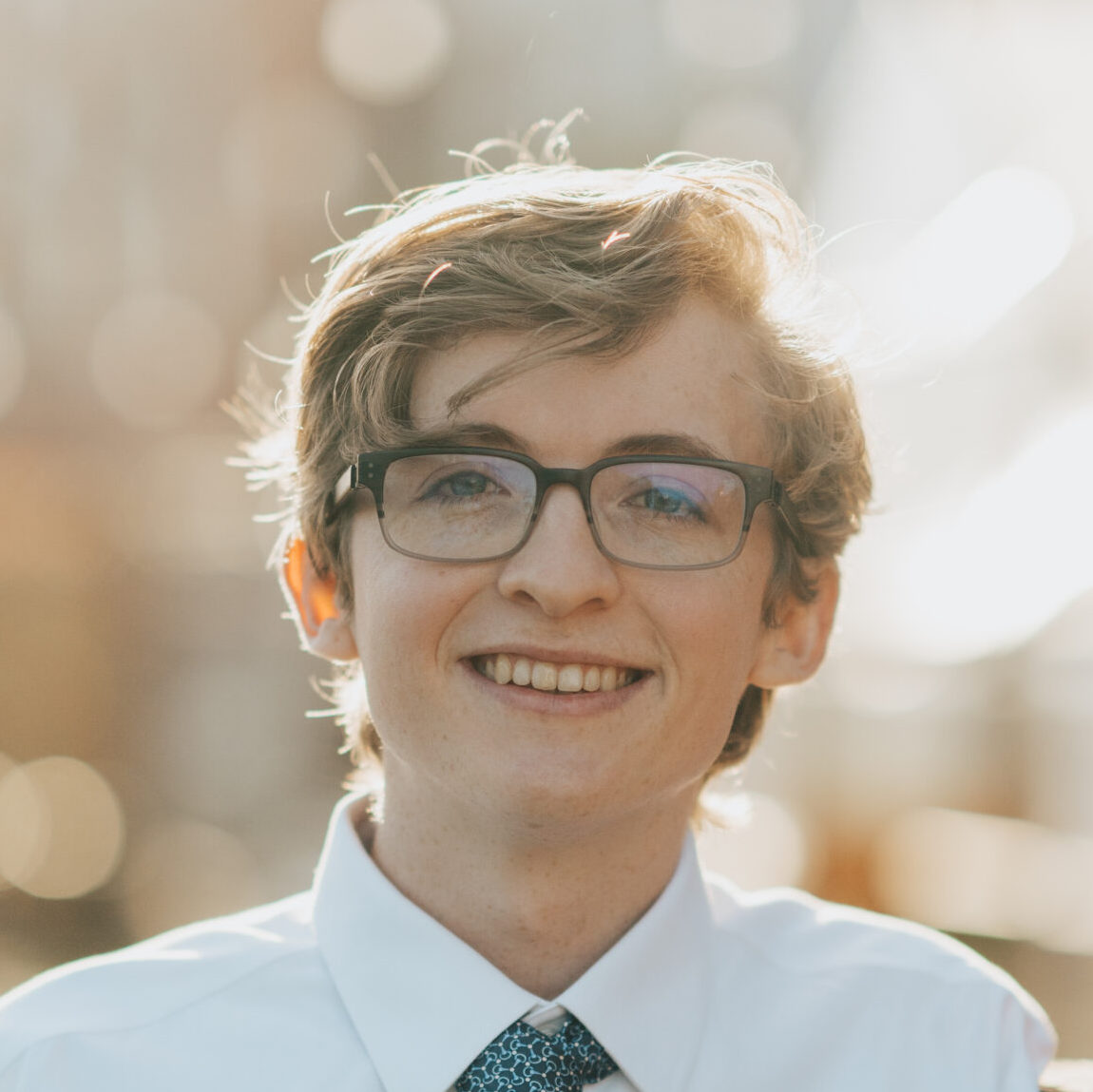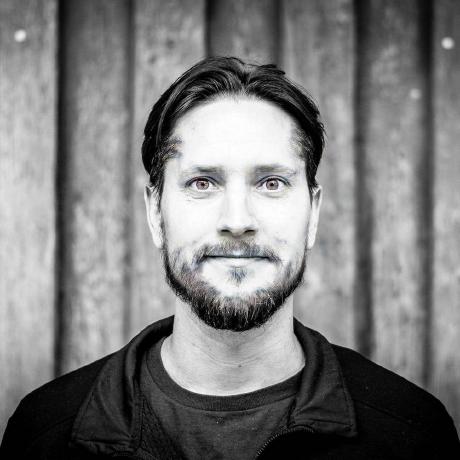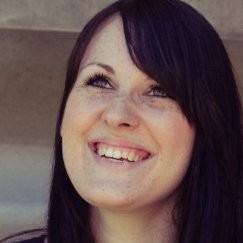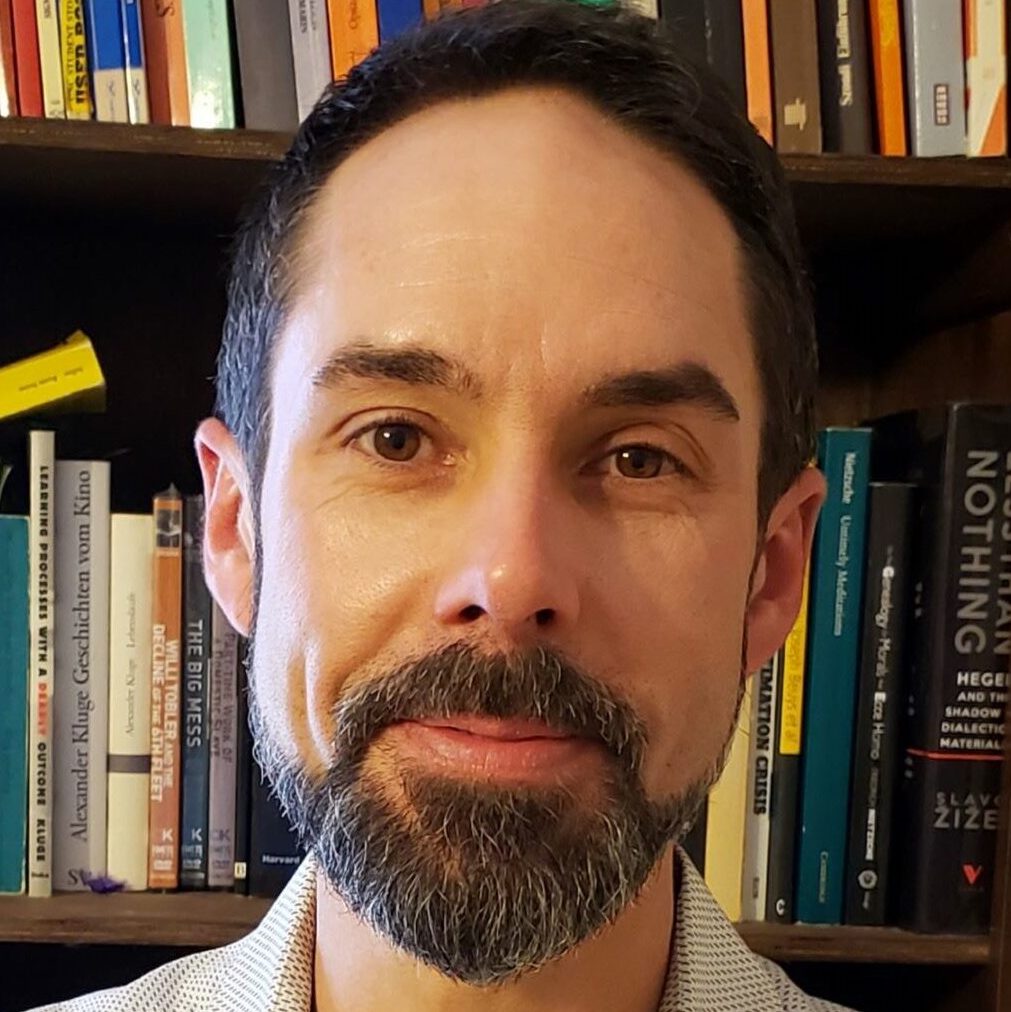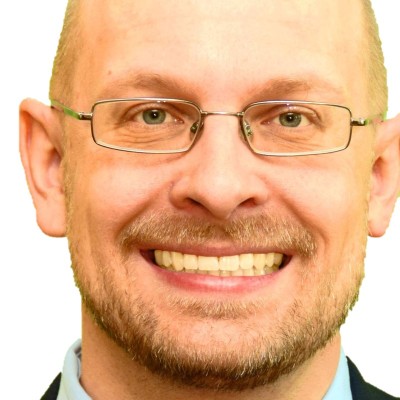We’ve asked our alumni what it was like working for the TGDP, and these are their responses.
What would you tell a current student at UT about why they should work for the TGDP?
“If you have any interest in languages, linguistics, and cultural studies, working with Hans Boas and the TGDP is a fantastic way to get real life, hands-on experience working in those fields. Sometimes the benefits are obvious and concrete, such as being able to list skills and experiences on a resume. And that’s great. But, other times, the benefits are less obvious at first and may surprise you with how they become relevant later in life. Personally, I think the less-obvious benefits have broader applications and are ultimately more powerful – such as developing cultural awareness, developing an awareness for how things like language and culture change over time and influence each other, and how they influence us as individuals. To anyone who has doubts about the usefulness of those less-tangible skills regarding earning a living, I suggest considering the current and growing importance of soft skills in the careers of today and tomorrow – such as communication and leadership skills, emotional intelligence, adaptability, and generally just developing the ability to think and reason for yourself in a world full of influences and influencers.”
“It’s a very unique project with a great team, interesting and varying tasks, and flexible hours. You will definitely improve your German skills and learn to think about the language in a new way.”
“It is a job unlike any other that you will have in life, and it will leave you with a finer understanding of the dynamics of language change, language’s role in cultural identity, and Texas history. The work itself often involves listening to some fascinating stories about the speakers’ personal and family histories and often provided a window into a completely different America than the one that I grew up in. The staff are also great, of course.”
“While I gained lots of beneficial experience and connections for my linguistics career, I saw firsthand that working for the TGDP can provide experience for other primary areas of interest as well. Students are able to help with fieldwork, analysis, administration, and more, all while creating wonderful career connections. I would recommend working for the TGDP to any student with an interest in German and language research.”
“This is your chance to get experience doing hands on field work in Linguistics, documenting a dying language, without even traveling! If you are generally interested in German, you’ll be able to improve your listening skills on the job, and if you are considering using spoken language data in future research, you will benefit by knowing how such data is collected and compiled. For the future linguists who are interested in spoken language research, working for the TGDP will show you what linguists do in the field and give you practical experience with the software and recording technology that you’d be using if you went on to do field work yourself.”
“Working for the TGDP can introduce you to aspects of history, methods of research and work that are both exciting at the moment and can remain relevant for years to come.”
“Hiring managers have always commented on it on my resume – they’ve never heard of Texas German, and I’ve gotten feedback that having that unique experience makes me more memorable!”
“It’s a unique and interesting thing to do, and why are you in college if you’re not experimenting?”
“It’s just such a unique experience! Plus, you’ll feel like your contributions are truly meaningful. It’s also a very interesting topic for conversation :)”
“Working for the TGDP allows you to acquire and/or train skills. The ability to take part in many different aspects of linguistic research is fundamental to being a well rounded academic/business person. Also, meeting many older people with this background gives you the unique opportunity to learn about Texas history first hand. A history you will not learn in school, unfortunately.”
“Working for TGDP is an exciting opportunity to explore local Texas German communities and document a language and group of people that have left a large imprint on the State of Texas. If you want to know Texas, and live, study, and work in Austin, you need to know about Texas Germans – working for the TGDP is a great way to do just that.”
“If you are interested in the German language it is an awesome opportunity to have an insight of the history of the German language in the US. The work atmosphere is great and everyone is nice and supporting. Since you can do your work completely remote, it will integrate into your schedule perfectly.”
“TGDP has some of the nicest people in linguistics and allied fields. A super positive environment which will nurture learning and growth. I owe a lot of what I became both professionally and personally from Hans. I learned how to be nice, and in my experience, that has been the most rewarding take away.”
“TGDP was the best job I’ve ever had! There is a lot of flexibility and support. This job made me more confident to speak German and have faith in my German comprehension. You meet a lot of great members of our Germanic Studies department who are always willing to give you advice. It also looks great on a resume ;)”
“I’d probably tell them to do it provided their interests are in the field of linguistics and dialectology because it will definitely give them a foray into that field.”
Which skills did you acquire while working for the TGDP that were useful for your career?
“I honestly didn’t know how to make small talk until I started doing interviews for the TGDP. This may not help my career directly but it’s made me a bit more personable.”
“Interviewing with the TGDP taught me how to do linguistic fieldwork for my PhD. I learned a lot about the methodology of linguistic fieldwork, including recording and audio manipulation and conducting surveys, that helped me with my dissertation and continues to inform my current work examining discourse in medical interactions.”
“Getting exposed to regional German dialects helped me build up my listening comprehension skills in everyday German. Especially since, immediately afterward, I settled in southwestern Germany (where the state government’s motto is: “Baden-Württemberg: Wir können alles — außer Hochdeutsch”).”
“Refining my German skills but also experiencing and processing in what ways dialects can deviate from the standard language, which helped later when adjusting to hearing mostly Austro-Bavarian all the time.”
“This helped in a private venture in translating industrial documents from German to English for local Texan companies.”
“Generally, the practice of working on repetitive tasks was helpful, as well as practicing my German language abilities.”
“I already had strong interviewing skills when I joined TGDP, but the emphasis on language was new and exciting to me (my previous graduate work was that of a media sociologist, conducting ethnographic work and interviews). TGDP seemed like a natural fit. Living in Austin as a foreign student can cloud your vision and not really allow you to see Texas in all its nuance; working with TGDP allowed me to get a much more comprehensive view of this large and diverse state.”
“Time management for allotting my weekly hours, improvement on German speaking skills, research, translation, and interpersonal skills gained by meeting and greeting speakers.”
What would you tell a current student at UT about why they should work for the TGDP?
“I loved hearing the nuances of the dialect and learning about the lifestyle of Texas German speakers. Oftentimes it was fascinating to see how their lifestyle influenced their vocabulary and language retention over time.”
“It was fascinating to see the TG speakers using features of regional dialects from Germany (like “Stinkkatz” for “Stinktier”), some of which may now even be extinct back in the mother country.”
“Hans […] was extremely friendly. I loved working with him. Also hearing the transcriptions was extremely interesting because I heard lots of different stories. And I loved seeing people use the website to make their work more efficient!”
“I primarily worked on transcription and loved hearing the stories of the interviewees! Language documentation is a powerful thing and it was great to be a part of it.”
“It was great to learn how to conduct an interview and get people to talk, and it was cool to actually put my German to use.”
“Excellent team, fun line of work (both transcribing, but in particular, conducting interviews and going on research trips in Texas). I greatly enjoyed broadening my horizon as a non-linguist, learning about the varieties and idiosyncrasies of local German dialects. I also made a new friend during my work at TGDP, who is now one of my best friends.”
“The opportunity to be part of the efforts to document Texas German dialect, working with the precious language data from the speakers was an honor to me as a graduate student/researcher in Germanic linguistics. I was excited to explore the Texas German heritage embodied in the language together with the cultural events too.”
“Being a part of the preservation efforts for Texas German! Hans Boas and Margo Blevins were so dedicated to their research and it inspired me for years. It was such an encouraging team and work environment. The work was engaging and I heard so many interesting stories.”
“Traveling to Fredericksburg, meeting the kind speakers, and learning the obscure/archaic German words that they would sometimes use.”
“Being able to contribute to the preservation of an interesting dialect with meaning to Texas.”
“Hans is one of the best persons to work with and the nicest persons that I have met in academe.”
“I really enjoyed working with Hans, who is just an awesome human being. And it was great getting to put my studies and interest in linguistics into practice – starting even before I graduated.”
Do you have a funny/interesting story to tell about your work with the TGDP?
“People have been so nice to me when I’ve done interviews. One lady knitted me a doily. Another gave me a homemade venison salad sandwich. At the Grapetown Schuetzenfest they showed me how to shoot and taught me how to play Forty-Two.”
“Hans and I once did interviews at woman’s house who rescued birds of prey and we got to see some cute (but slightly scary) baby owls.”
“1) I met my future husband who happens to be of Texas German descent in Hans’ Texas German class. We also have a daughter who is bilingual and a dual citizen. Thank you, Hans! 🙂 2) We carpooled in Hans’ car to conduct some interviews in New Braunfels. On our way back to Austin, everybody was pretty tired, of course. Hans was thinking about stopping at Granzin’s meat market to get some German-style sausage and turkey jerky. I don’t really eat meat, had never heard of that, understood something else and asked “What is turkey turkey?”. It’s still a running gag 12 years later.”
“Oh, the time Hans, Dieter, and I went to Crawford. Something about us really didn’t say “Crawford”, and it was when the president at the time had a ranch near there. I’m pretty sure the people we encountered thought we were pretty “Austin”, but I appreciated the way we could build a bridge with language and culture and history beyond likely political and social differences.”
“I once heard an interview with a veteran and his experience in the Cold War. My memory is a bit fuzzy now, but he was part of a group of soldiers that spied on the Russians during the Cold War!”
“After transcribing and translating for a while, I noticed that I was able to understand lyrics to (English) songs that I had never understood before. It just suddenly clicked. After I stopped working for the TGDP this ability went away, but it was pretty neat while it lasted.”
